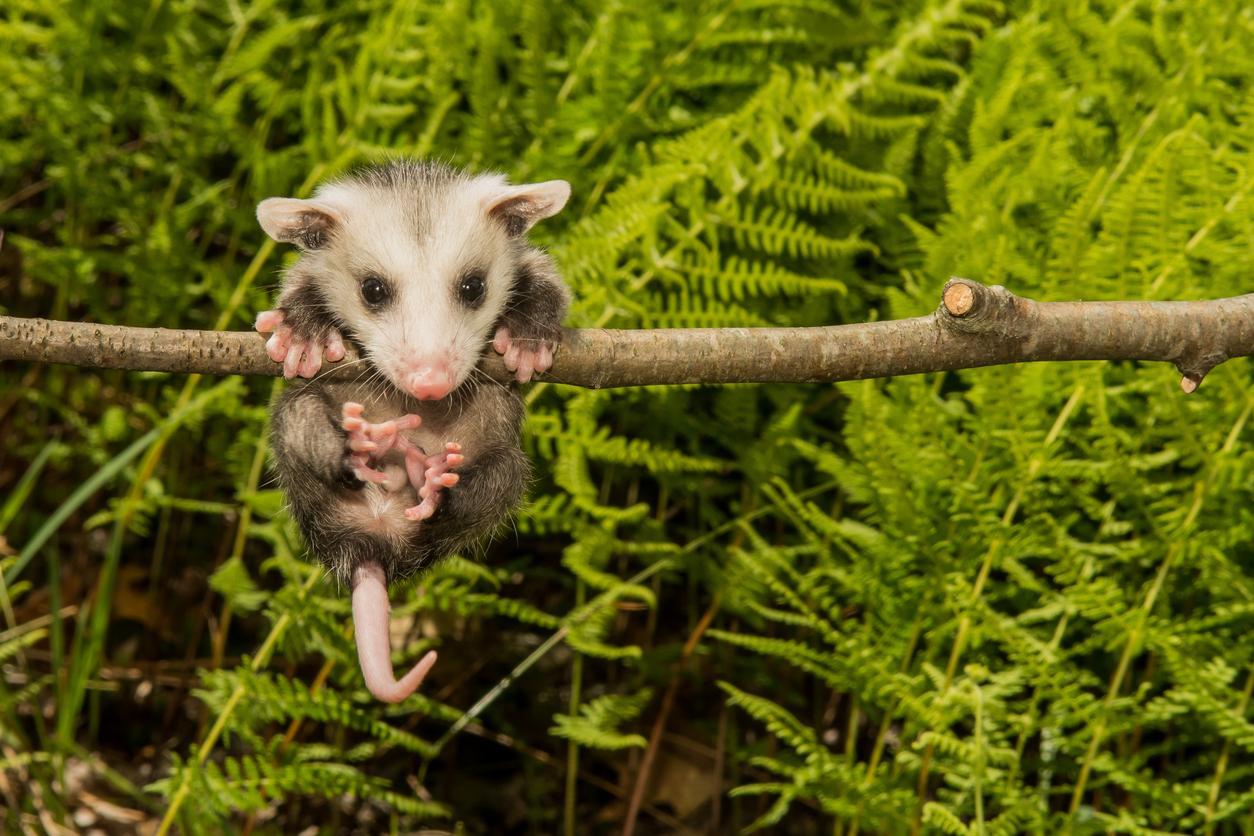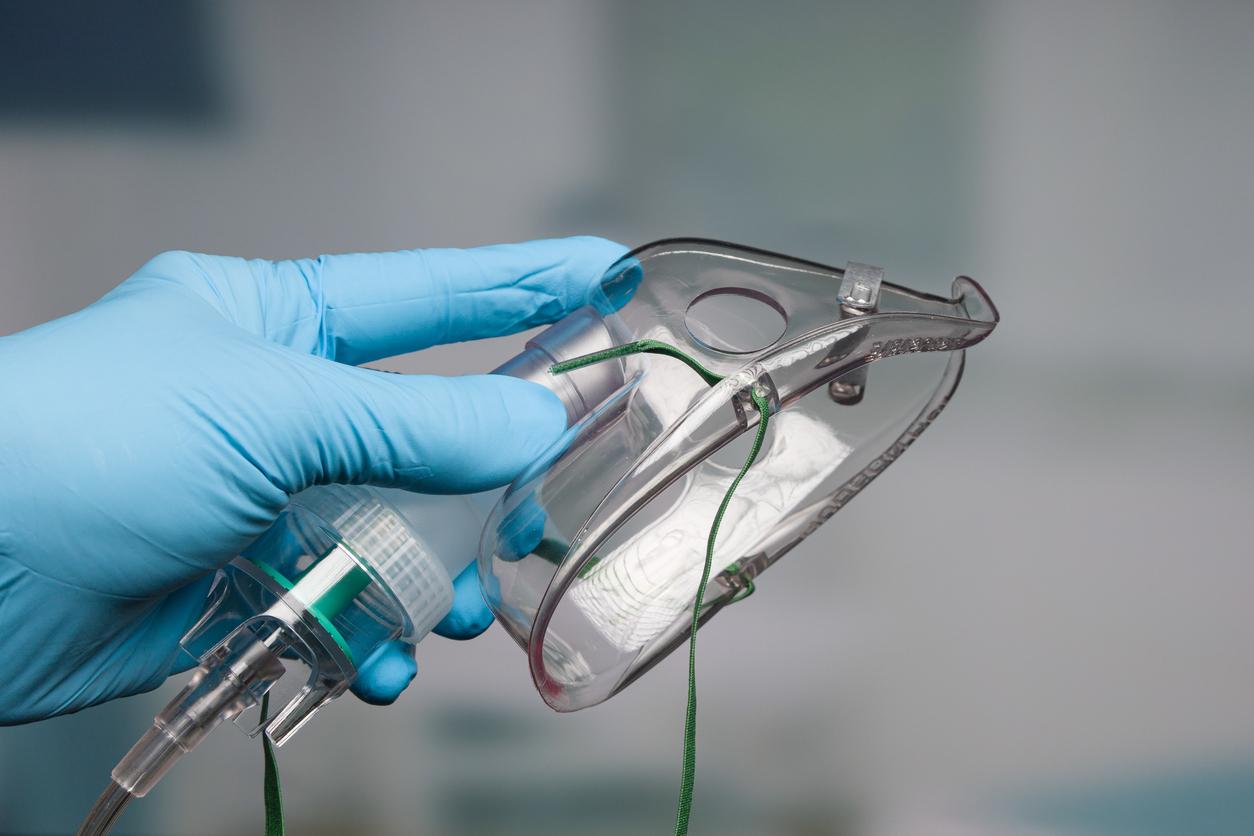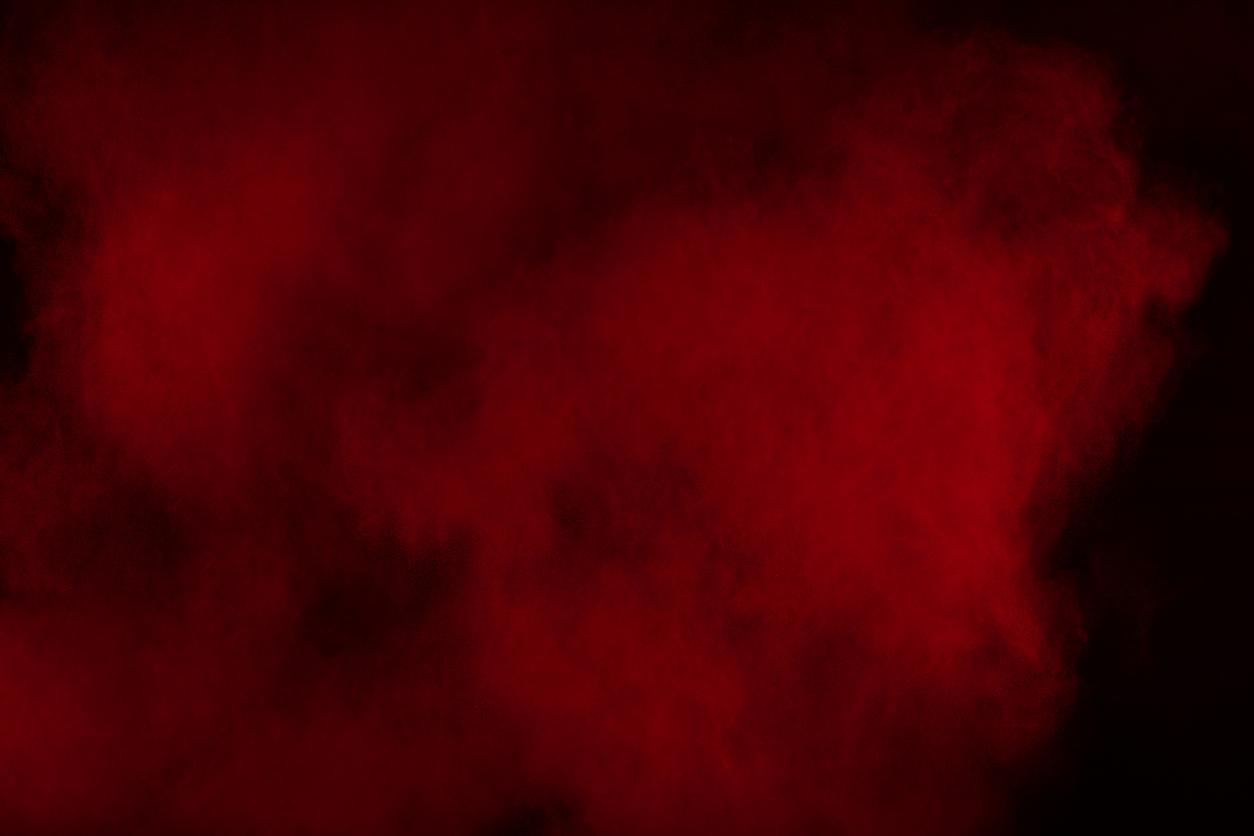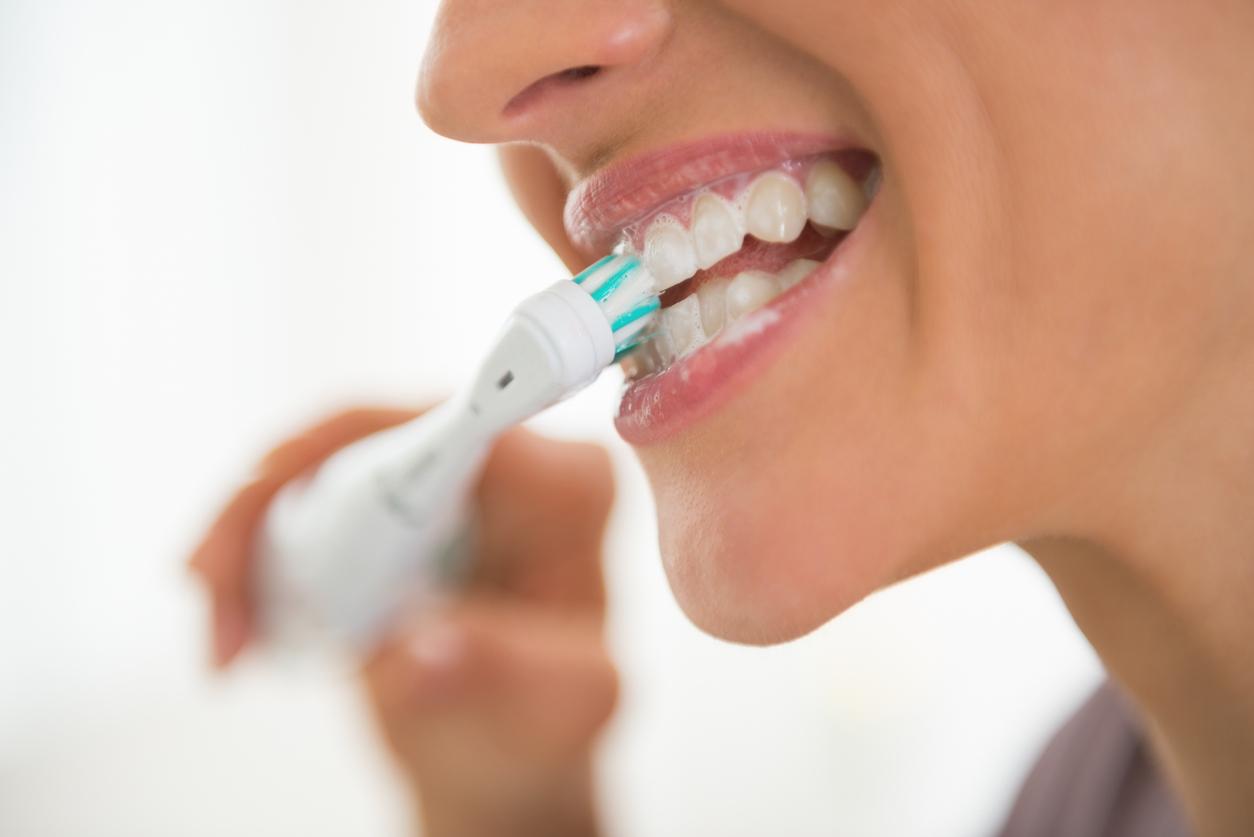Plastics that end up in the ocean don’t just affect fish. A new study has found that they also harm bacteria that we need to breathe.
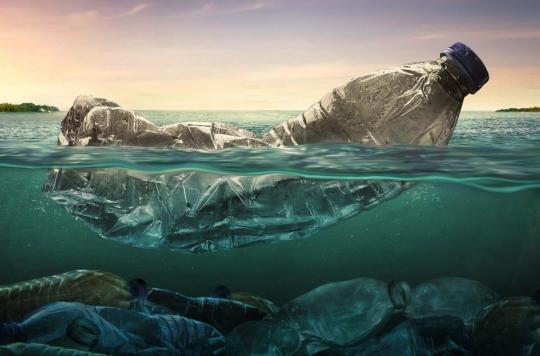
The name of Prochlorococcus probably doesn’t tell you anything. However, this type of marine bacterium photosynthetic is essential to us. Although few studies have been conducted on it, we now know that Procholorocus produces the equivalent of one puff of oxygen out of 10 that we breathe. But a new study, published in the journal Communications Biology has just revealed that this bacterium is threatened by human activity. Indeed, the plastic polluting the oceans considerably reduces the level of oxygen produced by these bacteria.
An unprecedented study on marine biology
“These mining microorganisms are essential to the marine food web [et] contribute to the carbon cycle”, explains Lisa Moore, co-author of the study. This is why she launched unprecedented research: “One in 10 breaths of oxygen is due to these marine bacteria, such as Prochlorococcus, but we knew next to nothing about how they react to human pollutants.”
To answer this question, the Macquarie University team set out two different strains of Prochlorococcus to chemicals extracts from plastic bags and PVC mats. Result: after exposure to plastic, the researchers observed alterations in the expression of the genes of the bacterium Prochlorococcus, which no longer activated in the usual way.
As a result, they could no longer produce the proteins required for their growth and were therefore smaller in size than control bacteria (which have not been exposed to pollutants). But above all, again because of the plastic, the researchers discovered that the bacteria they had been exposed to plastic chemicals gave off less oxygen than the control bacteria.
The effects of plastic, not studied enough
As a reminder, each year, 300 million tons of plastic are produced in the world, of which more than 12 million end up in the oceans. “Our data shows that plastic pollution can have widespread impacts on the ecosystem beyond the known effects on macroorganisms, such as seabirds and turtles,” says Sasha Tetu, lead author of the study. “If we really want to understand the real impact of plastic pollution in the marine environment and find ways to mitigate it, we need to look at its impact on major microbial groups, including photosynthetic microbes.”
.








